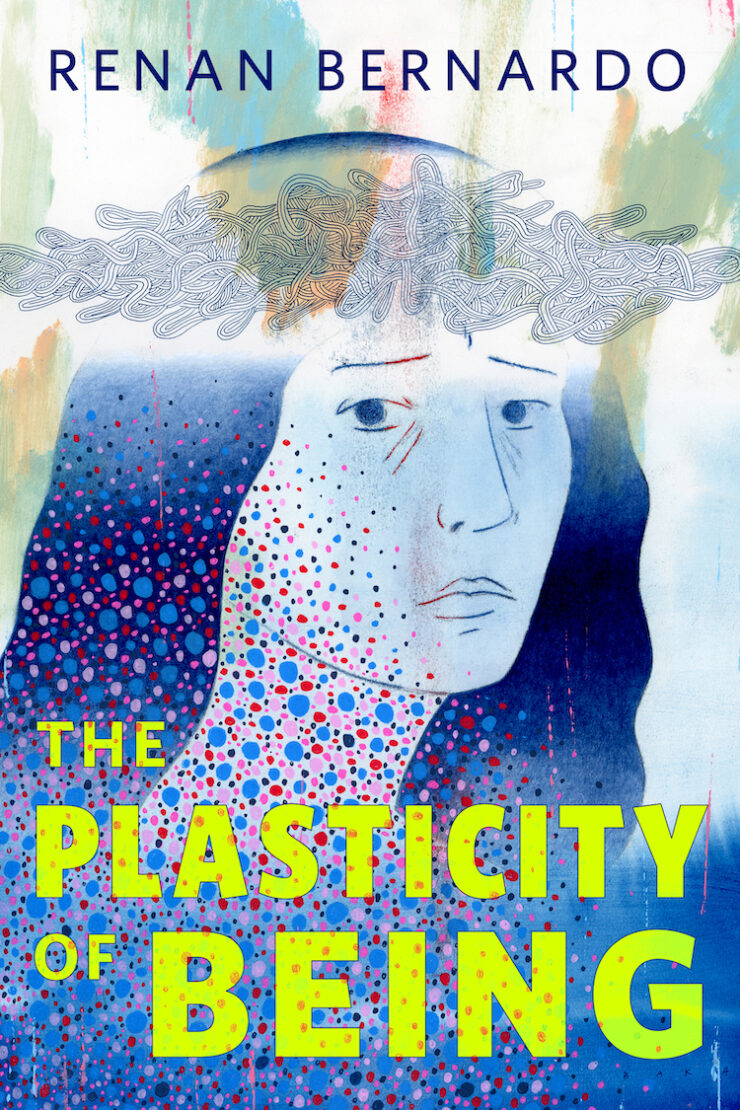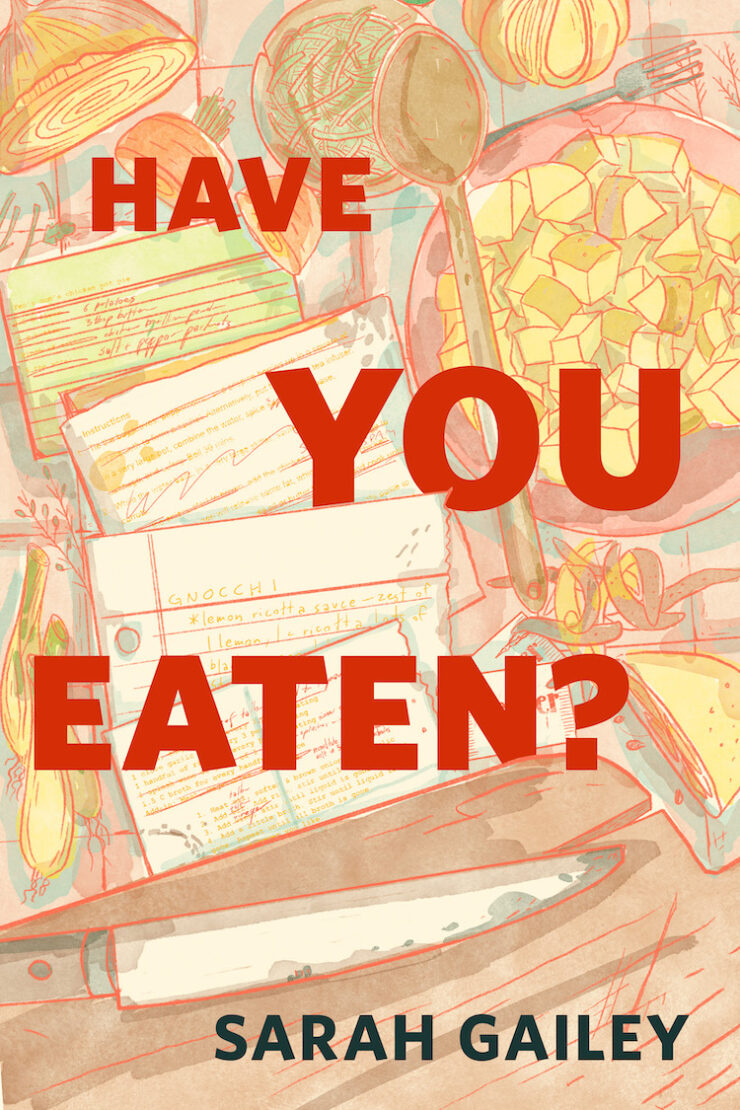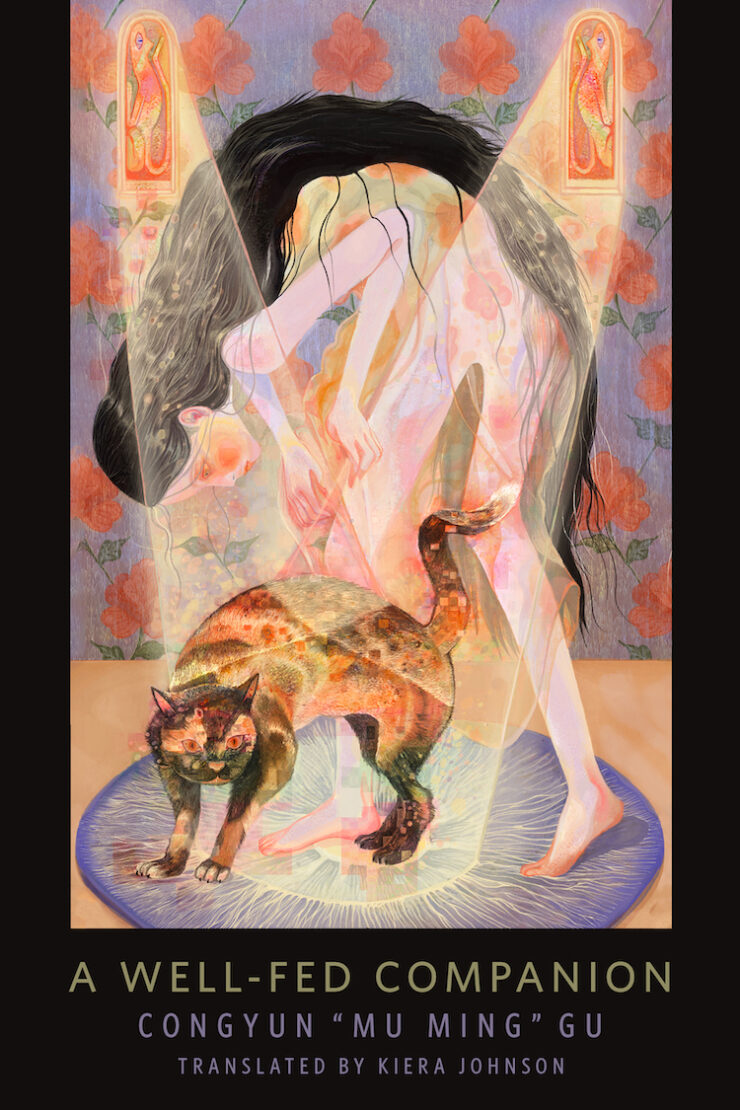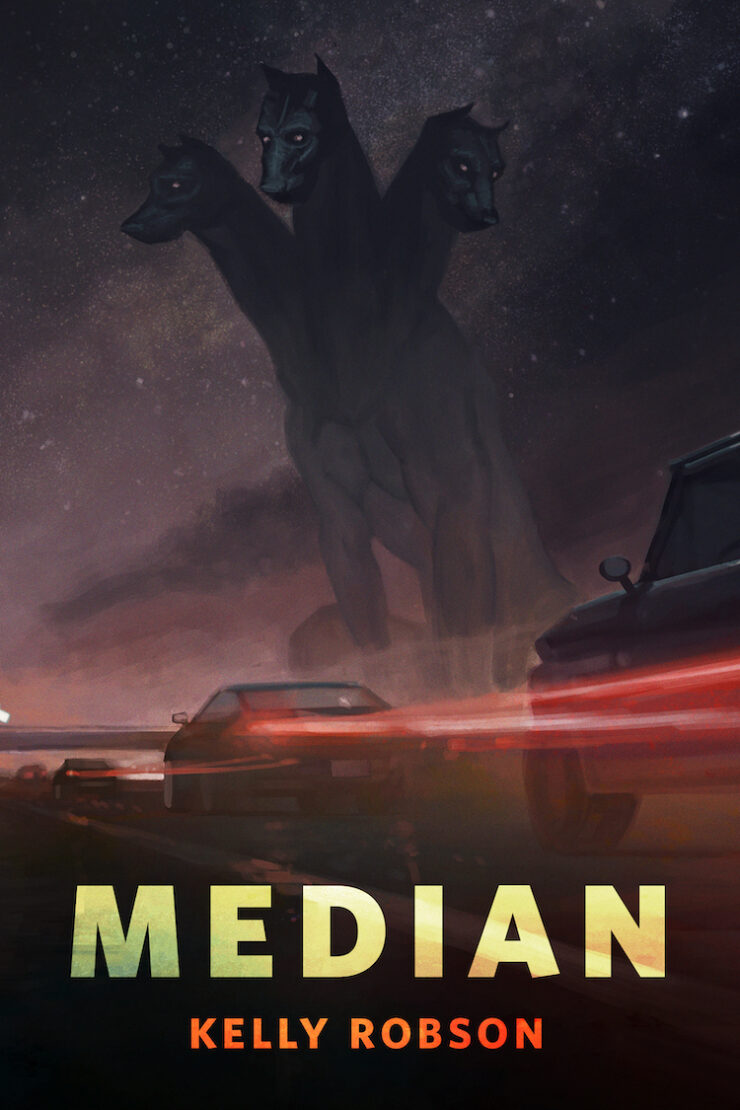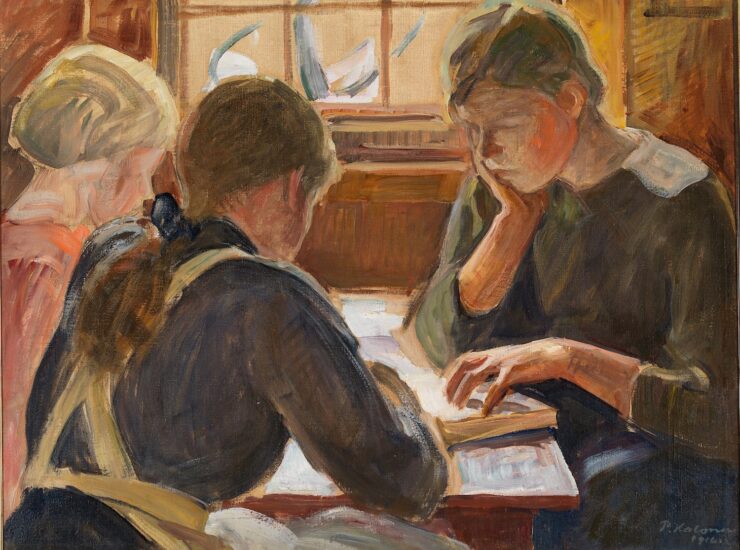We are barely a month into a fresh new year and already I have far too many feelings about how we talk about books, about reading, and about our relationship, as readers, to books, and to the having and shelving and displaying of them.
It started with The Washington Post, reporting on a recent poll about reading. Polls about reading are, as far as I can tell, always depressing, either because of the results, or because of the way people discuss the results. This is maybe both. I am not going to bemoan the small numbers of people who read books, because that more often than not comes off as patronizing and smug, the mirror image of the kind of tech bro who thinks everything can be a blog post.
But I am mildly horrified at framing big readers as a matter of being part of the “one percent.” Andrew Van Dam writes, “Those of us who read more than 50 books are the true one-percenters: people who read more books than 99 percent of their fellow Americans.”
You know what this framing does? This presents reading as an elitist activity. Again.
I thought we were done with these rusty, decrepit old ideas about elitism, and snobbery, and ivory towers and oblivious dweebs with their noses in books—or whichever ragged old cliche about intellectual pursuits you’d like to offer up. I thought the point, in more enlightened times, was to make reading accessible, make it an ordinary thing that people do in order to learn and experience and understand and, simply, enjoy.
I suspect that Van Dam thinks he’s just being playful and funny, but it set my teeth on edge before I could even get further into his analysis of the poll in question, which was shared by YouGov. I find it hard to take conclusions about American reading too seriously when they come from a poll of a mere 1500 people, but when The Washington Post talks about things, people often listen.
We are not one-percenters, those of us who read a lot. We’re just readers. We don’t need to be set apart by the language of capitalism, described using the language of the ultra-wealthy, as if books make you a billionaire.
But it’s not just this. It’s British GQ running a list of “hot guy books” as holding the right book is, apparently, “a kind of brainy thirst trap.” (This is really just a list of different cover aesthetics, but I digress.) It’s The New York Times reporting on the idea of “bookshelf wealth,” a nauseating term that just means you (a) have a lot of books and (b) shelve or display them attractively.
The Times quotes one critic of the concept, Keila Tirado-Leist, who asks—with what I imagine is no small amount of tartness—“Who does it benefit to constantly have to name and qualify and attach wealth to any kind of style or home-décor aesthetic?”
Who does it benefit to treat books like accessories, reading like an accumulation, readership like it’s a ticket to some kind of elite club? Why do we keep doing this? It makes me feel very Old Man Yells at Cloud to be bothered by this, but I am. I still am.
It goes back to an earlier complaint: a reader is not a consumer of books. You can call it that, but you can’t make it true. A book does not get consumed; a book gets read, shelves, returned to, passed on, sold back to the bookstore, picked up at Goodwill. A book might outlive every one of us. Publishing is a (largely) capitalist pursuit, yet books exist both within and outside of that framework. A book has value even when no one is making money from it. If you lend your favorite book to your best friend and they love it as much as you do, who profits?
Why would we ever in seriousness want to ask that question?
And yet these pieces that insist on using the language of wealth—or, at best, the language of selling oneself—they make me feel like books are widgets. Like they’re just one more consumer object to use up and destroy, to pretty up our homes with. A nice little decorative object from Target that you throw away without a second thought when it stops charming you. Do you have bookshelf wealth if you have enough cute brass animals from vintage stores? Are you a one-percenter if you’re the first person to post a review on GoodReads?
Language matters. If it didn’t matter, we would not be readers; we would find other ways to entertain or distract or educate ourselves. And we choose the language we use. We don’t, collectively, culturally, have to be like this. We really don’t have to start our year like this.
How do you want to talk about books? What kind of bookish conversations send you racing to the bookstore or your local library? Do you think about characters and how they interact, or stories and how they unfold, or mysteries that you can’t wait to solve? What can we, as a bookish community, do differently—what conversations and topics are ignored in favor of these trend pieces that barely touch the surface of what it is to be a reader and to love books?
I want to see more writers talking to each other. I want to see readers tracing threads of ideas, of concepts, of metaphors, across books and stories. I want people to take books seriously, but also to have fun, to let a sense of play creep into the way we read—as it can do in the writing, especially of super-imaginative books. I want people to think less about being authoritative and more about being appreciative, emotional, engrossed, impassioned, full of questions, ready to be awed. It is pretty obvious that I love questions. (Cue Jodie Foster, in this season of True Detective: “Ask the question.”) But I also love answers. How can we talk about books in ways other than these? How can we change this bookish landscape for the better?


